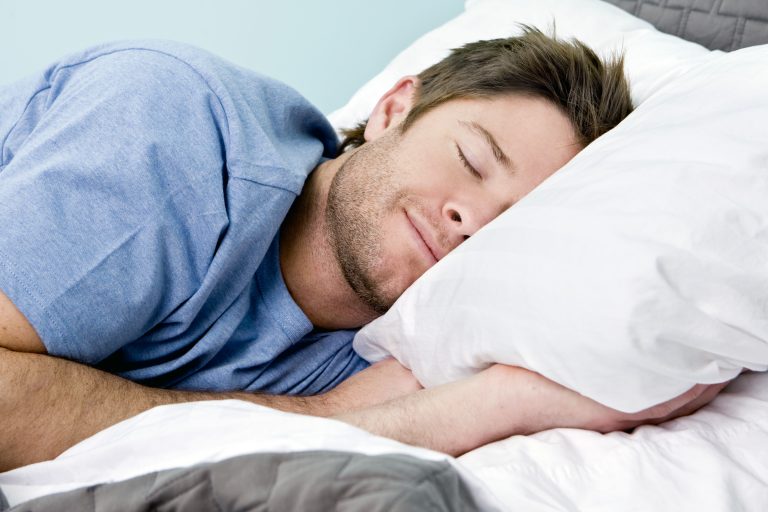There are some free videos on my YouTube channel. Please like and subscribe, share and enjoy!
If you find them helpful please leave a few stars here
“Following years of anxiety and insomnia, and being unwilling to increase medication, I decided to address the underlying issue by trying 3 sessions of hypnotherapy. After the second session I felt a huge emotional release. I use the techniques Warren taught me on a daily basis & will be returning for regular Mind MOT sessions for maintenance. With the proviso that you have to be opened minded and focused during the sessions, I believe that hynotherapy is a powerful tool.” -Christine
Insomina
Sleep is an important process and an essential component in our continuing health and well-being. It’s restorative cycle means that the body is able to rest and regenerate so that we can continue to function on a daily basis. For the vast majority of us sleeping is a natural part of our routine which we have come to take for granted and though its benefits are far reaching when it comes to daily functioning, few of us appreciate just how much we need or what happens when we don’t get enough.
Though there is a strong chance that we will all find ourselves lying awake on rare occasions when we are either anxious, excited or roused by a bad dream, it is likely that we will be able to return to our normal routine when things have settled down. However, for others problem sleeping is a far more common occurrence and is now considered to be one of the most common 21st century health complaints, seriously affecting the physical, mental and emotional functioning of many individuals.
Sleep disorders is the term used to describe any problems relating to sleep, such as insomnia, excessive sleep, night terrors, sleep bruxism (teeth grinding) and nocturnal enuresis (bedwetting during sleep). Some sleep disorders may stem from an underlying medical condition such as a psychological disorder, some may occur as side effects of prescribed medication and others may have no known explicable reason.
There are a variety of warning signs which may be indicators of a sleep problem, for example if you feel as though you have had sufficient sleep but are feeling very tired throughout the day, if you drift off mid conversation, if your partner is disturbed regularly by either snoring, physical movements, sleep talking or sleep walking or if you have started new medication and have found your sleep to be affected.
Please note that not everyone who exhibits all or some of these symptoms will necessarily have a sleep problem and each person will have their own experience of sleep disorders.
How can hypnotherapy help?
If you are experiencing a sleep disorder then it is important that you visit your GP who will be able to provide you with a diagnosis and advice as well as being able to rule out any serious underlying medical conditions. At this stage your doctor may then recommend or refer specialist treatment and services, one of which may be hypnotherapy.
Hypnotherapy is all about changing patterns of behaviour and that is why it works so effectively as a treatment for many sleep disorders. Though the cause of each sleep disorder will vary from person to person, there are many conditions which are thought to factor into an increased prevalence of some sleep problems in certain individuals. Certain psychiatric disorders, sleep deprivation, various medical conditions and medications as well as previous trauma are all thought to be underlying causes of many a sleep disorder.
Hypnotherapy has long since been used as a way of altering and reconditioning negative patterns of behaviour and it is able to do so by accessing the unconscious mind so it can seek out the root cause of the problem and alter an individuals perception of it.
For example, many sleep disorders are fuelled and worsened by stress and anxiety, issues which can be effectively resolved with the use of hypnotherapy. Usually it is not a situation itself which causes stress but the way in which we react to it. By inducing a state of deep relaxation in an individual a hypnotherapist will be able to gain access to the unconscious mind so that negative thought patterns and reactions to a particular situation can be turned into more positive ones.
Other techniques used may include that of hypnoanalysis which is a combination of hypnosis and psychotherapy, neuro-linguistic programming (NLP) which explores limiting patterns of behaviour, and visualisation techniques. Visualisation may involve asking a person to imagine themselves in a particular situation feeling relaxed and calm.
A hypnotherapist may use a combination of the techniques mentioned or may feel that the best approach for treating your disorder effectively is just to use one.
I will be able to tailor treatment to your personal circumstances to achieve the most successful outcome.
